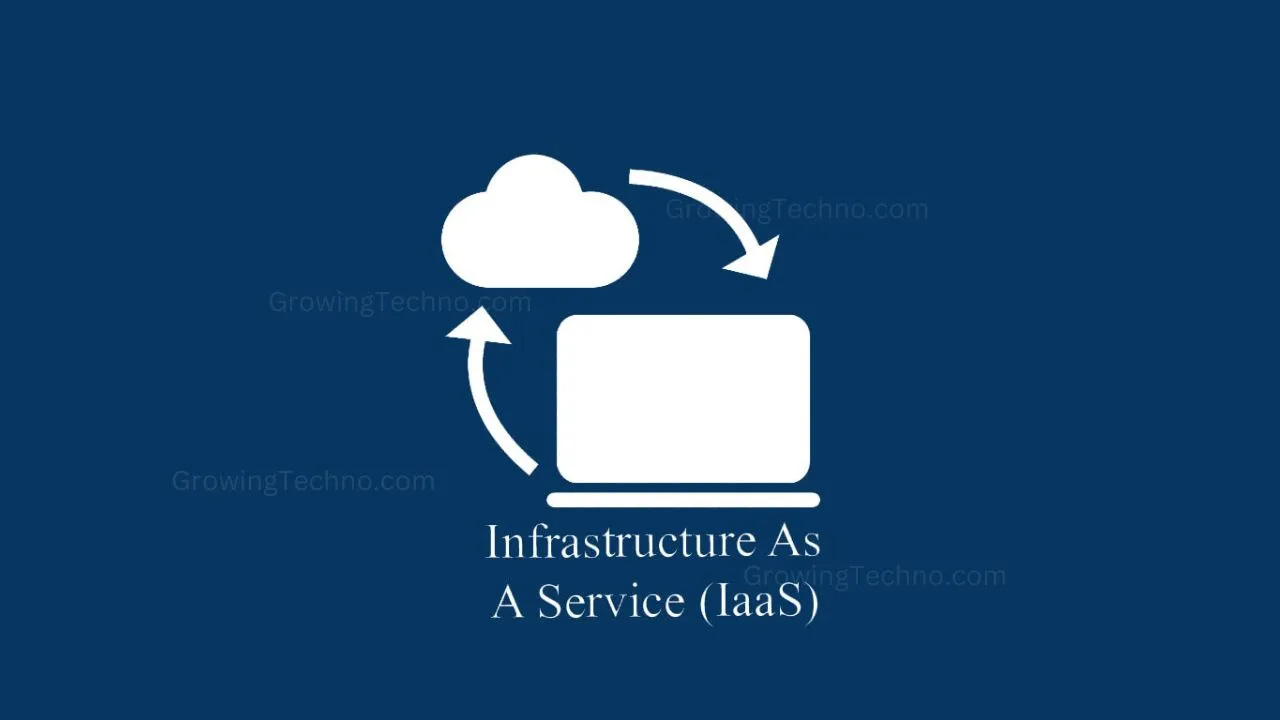
In recent years, a remarkable shift has taken place in the world of cloud computing. It’s a trend that has the potential to reshape how software applications are developed and deployed. We’re talking about the rise of citizen developers, a growing community of individuals who are not professional programmers but are harnessing the power of cloud computing to create their own applications. In this article, we’ll delve into this exciting trend, exploring what citizen developers are, why they matter, and the impact they’re having on the world of technology.
The Evolution of Cloud Computing
First, let’s take a moment to understand the evolution of cloud computing. Traditionally, software development was a complex and specialized field, primarily carried out by professional developers and IT teams. These experts wrote code, managed infrastructure, and deployed applications.
However, with the advent of cloud computing, the landscape began to change. Cloud platforms like Amazon Web Services (AWS), Microsoft Azure, and Google Cloud made it easier to access scalable computing resources and services. This accessibility democratized technology, allowing businesses and individuals to leverage powerful tools without the need for extensive technical expertise.
Who Are Citizen Developers?
Now, let’s meet the stars of our story: citizen developers. Citizen developers are not career programmers. They can be professionals from various backgrounds, including marketing, sales, finance, or any other field. What sets them apart is their eagerness to create custom software solutions to address specific business needs or personal goals.
Citizen developers leverage low-code or no-code platforms provided by cloud service providers. These platforms offer visual interfaces, templates, and pre-built components that simplify the application development process. This empowers individuals with limited coding experience to create applications with relative ease.
The Power of Low-Code and No-Code Platforms
Low-code and no-code platforms are pivotal in enabling citizen developers to thrive. Here’s a brief breakdown of these platforms:
Low-Code Platforms
- Low-code platforms provide a visual development environment where users can design applications using a combination of visual interfaces and minimal coding.
- They are suitable for users with some programming knowledge, as they might need to write code for more complex functionalities.
- Low-code platforms accelerate development, making it faster and more accessible.
No-Code Platforms
- No-code platforms are even more user-friendly, requiring no coding skills whatsoever.
- Users can build applications by dragging and dropping components and configuring them through intuitive interfaces.
- These platforms are ideal for individuals who have little to no programming experience.

Why Citizen Developers Matter
Citizen developers are making waves for several reasons:
1. Bridging the IT Skills Gap
- In the world of technology, the demand for software applications often outpaces the availability of skilled developers. This is where citizen developers come into play. They serve as a bridge, effectively narrowing the IT skills gap. By creating applications tailored to their specific needs, they reduce the burden on already stretched IT departments, allowing them to focus on more complex tasks.
2. Faster Innovation
- Traditional software development cycles can be notoriously lengthy. These protracted timelines can hinder a company’s ability to adapt to rapidly changing market conditions. Citizen developers inject a dose of agility into the process. They swiftly prototype and iterate on solutions, significantly expediting the innovation cycle. This accelerated pace enables businesses to respond promptly to evolving market dynamics and customer demands.
3. Cost-Effective Solutions
- Developing applications through low-code or no-code platforms proves to be highly cost-effective. When compared to the expenses associated with hiring and retaining professional developers, the difference is striking. Organizations can allocate their resources more efficiently, channeling them toward critical projects and strategic initiatives. Citizen developers enable cost savings without compromising on the quality and functionality of the applications they create.
4. Empowering Business Users
- Citizen developers play a pivotal role in empowering individuals within organizations to address their unique challenges independently. This newfound autonomy leads to increased efficiency and innovation at all levels of the organization. It allows business users to take control of their software needs and drive solutions that cater precisely to their requirements, fostering a culture of self-reliance and problem-solving prowess.
Use Cases and Success Stories
Citizen developers are not just a theoretical concept; they’re making a real impact across various industries. Here are some compelling use cases and success stories:
1. Sales Enablement Tools
- Sales professionals can use no-code platforms to create customized CRM solutions that perfectly align with their workflows.
- This leads to improved sales processes and increased revenue.
2. Marketing Campaigns
- Marketing teams leverage low-code platforms to build interactive web pages, collect customer data, and analyze campaign performance.
- These tailored solutions result in more effective marketing strategies.
3. Process Automation
- Organizations automate routine tasks and workflows, reducing manual labor and minimizing errors.
- This streamlines operations and enhances productivity.
4. Citizen Developer Communities
- Some organizations actively foster citizen developer communities, encouraging employees to share their innovations and collaborate.
- This creates a culture of innovation and continuous improvement.
Challenges and Considerations
While the rise of citizen developers is exciting, it’s not without its challenges:
1. Security and Compliance
- Building applications without formal IT oversight can lead to security and compliance risks.
- Organizations must establish guidelines and governance to mitigate these concerns.
2. Scalability
- Solutions created by citizen developers may lack scalability and robustness for large-scale enterprise use.
- IT departments must evaluate and refine these solutions as needed.
3. Knowledge Transfer
- As citizen developers create applications, knowledge transfer becomes essential for maintaining and supporting these solutions.
- Organizations should facilitate knowledge sharing and documentation.
The Future of Citizen Developers
The future looks bright for citizen developers. As low-code and no-code platforms continue to evolve, these individuals will have even more powerful tools at their disposal. Moreover, organizations will recognize the value of citizen developers and actively promote citizen development programs.
As technology becomes increasingly integrated into our daily lives, citizen developers will play a crucial role in shaping the digital landscape. They’ll continue to drive innovation, empower business users, and bridge the gap between technology and the people who benefit from it.
In conclusion, the rise of citizen developers is an exciting trend that signifies a democratization of software development. It enables individuals from diverse backgrounds to become creators of technology, ushering in a new era of innovation and empowerment in the world of cloud computing.
Found this helpful? Share the wisdom!














